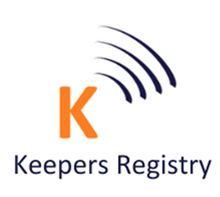Transforming Secondary Science Education through Virtual Laboratory Innovations
DOI:
https://doi.org/10.71366/IJWOSKeywords:
machine learning, secondary education, educational technology, student engagement, personalized learningAbstract
The incorporation of virtual laboratories into secondary education has significantly transformed the teaching and learning of natural sciences. This paper examines recent advancements in virtual lab technologies and their role in improving student engagement, comprehension, and academic performance in disciplines such as biology, chemistry, and physics. Through a thorough review of existing literature and empirical research, the study evaluates the effectiveness of virtual labs in comparison to traditional laboratory environments. The research employs a mixed-methods approach, utilizing both quantitative data and qualitative feedback from students and educators. Findings reveal that virtual labs offer a cost-effective, safe, and accessible alternative to physical labs, while also supporting personalized learning pathways and enhancing critical thinking abilities. A comparison table highlights the disparities in learning outcomes between virtual and traditional labs. The analysis further addresses the challenges and future prospects for implementing virtual labs in secondary education. In conclusion, the paper emphasizes the essential role of virtual labs in modernizing science education and proposes strategies for their seamless integration into educational curricula.
Downloads
Published
Issue
Section
License

This work is licensed under a Creative Commons Attribution-NonCommercial 4.0 International License.











